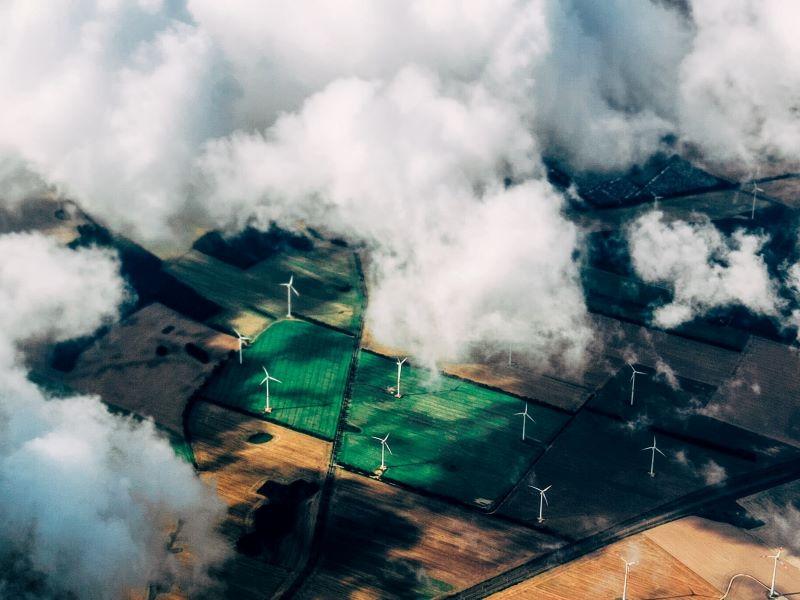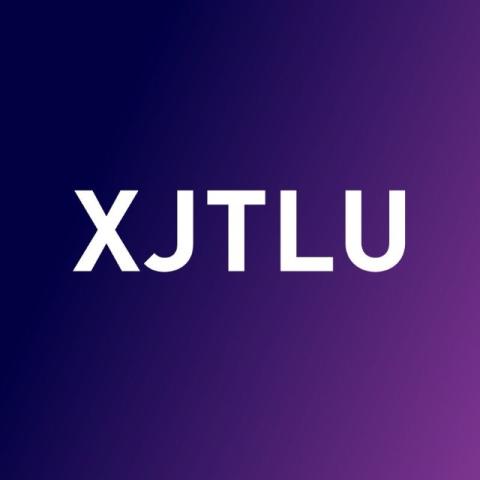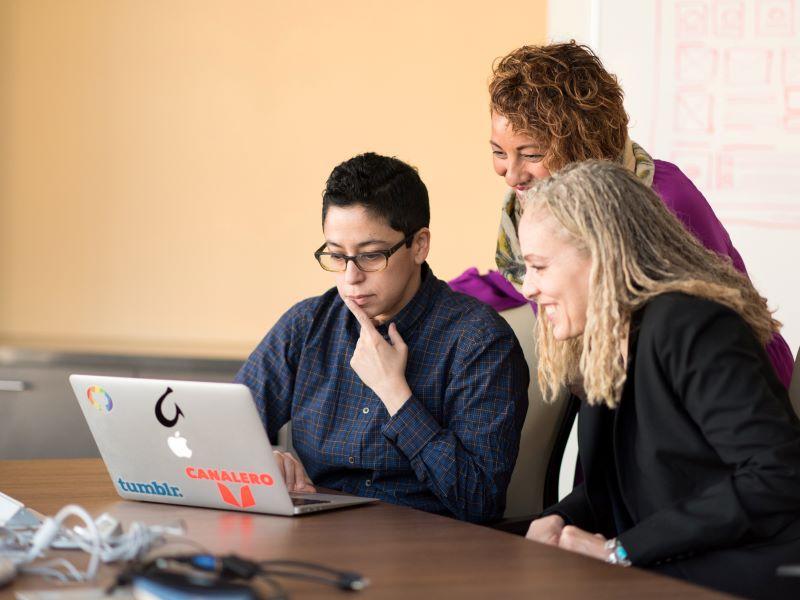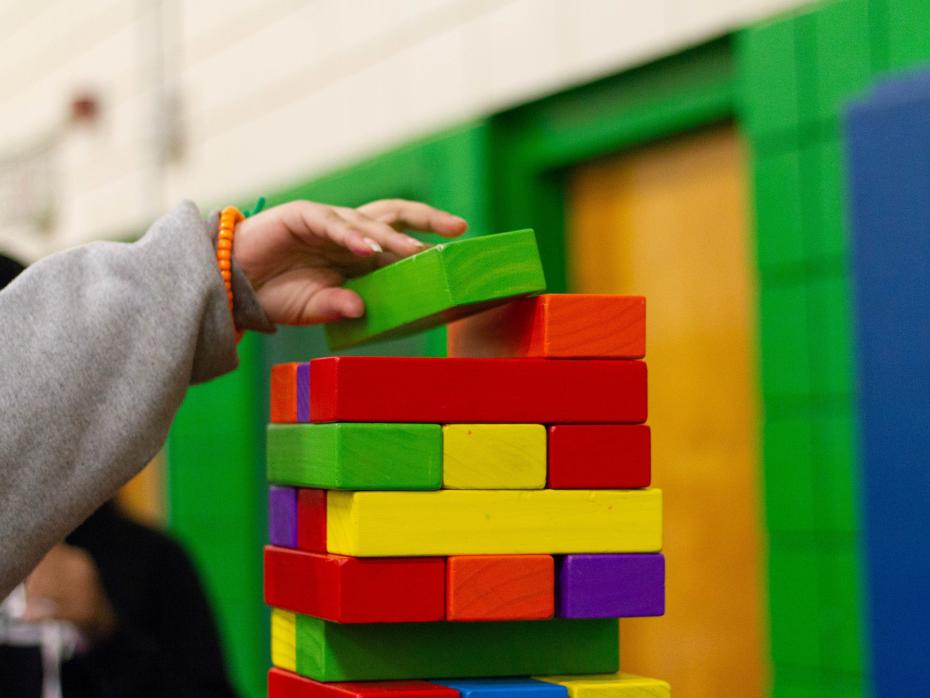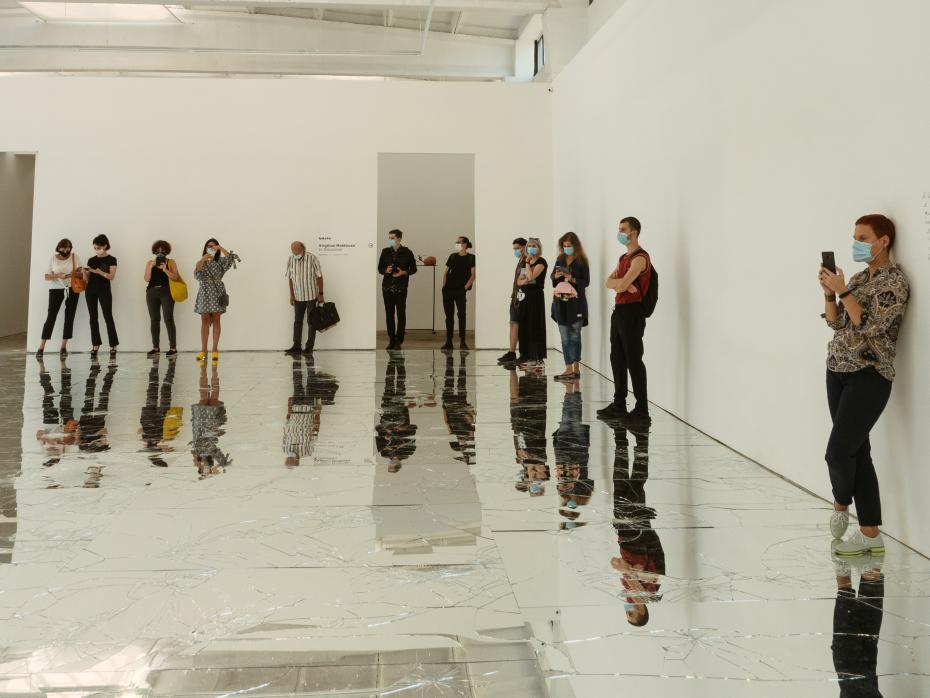
How to ensure online education is a clear win for the SDGs
You may also like
We are in a climate emergency. On this Earth Day 2021, we must acknowledge that we can’t wait for higher education to return to “normal” before we get our students involved in restoring our planet. We must work towards the “new normal” which means taking full advantage of online resources.
The shift to online education presents many opportunities for educating our students about the 17 Sustainable Development Goals (SDGs) - sometimes referred to as the “wicked problems” due to their particularly intractable and unsolvable nature. Addressing these problems will require radical collaboration among all stakeholders – and online platforms as mediums of communication and collaboration can facilitate this.
Breaking down boundaries
Organisations should not attempt to tackle these issues while remaining in their silos. Higher education institutions must cross disciplinary boundaries and geographical borders and venture well beyond their confines to work with other institutions, governments, NGOs and, of course, industry. Geographical and physical barriers disappear online – inconvenient time zone issues notwithstanding.
Improved teaching opportunities
As a signatory to the Principles for Responsible Management Education, an initiative of the UN Global Compact, our business school is committed to educating future leaders about the importance of sustainability, There are many opportunities to augment this teaching with online resources, activities and projects to provide experiential education. This could be virtual field trips, digital work experience placements, public engagement projects or international virtual exchanges. One example was the recent SDG Global Festival of Action that took place in March and featured more than 300 speakers, interactive workshops and performances completely online, attracting more than 24,000 participants from 200 countries. The events were all recorded and are now available in the event’s virtual library.
Business competitions that were “geographically undesirable” or impossible to attend in the past are now attractive to students because organisers have been forced to move them online. For example, students and faculty from our business school and other university departments competed in the San Marcos Sustainable Business Challenge in April, in which entrants worked in cross-university, interdisciplinary teams with students from the University of Liverpool and the National University of San Marcos, Peru on a real-world challenge around the theme of sustainable cities, communities and business.
Our recent SDG Career Race Competition is another example of how the online format may be more convenient and allow for a better-quality event. This activity, held in conjunction with Bejing NGO Purpose in Motion on 18 April, was the lead event for our Earth Week celebration. The purpose of this event was to raise students’ awareness of possible career paths related to sustainability. While our competition was held on-site, the preparatory fireside chats in the week leading up to the competition with industry experts involved in the green economy were all online, which made participation by these busy professionals much easier.
Events without borders
Informative and inspirational webinars, live or recorded, can now be attended from anywhere. I’ve been able to participate in webinars with excellent panellists such as Paul Polman, former CEO of Unilever and founder of Imagine, and Wendy Purcell of Harvard’s Chan School of Public Health, who are inspirational to educators and students alike. Polman has many videos available on YouTube where he discusses the shift to purpose-driven business and other changes needed to save our planet. Purcell is organising academics and students from across the world to write chapters for her new book series on the SDGs.
Real-world experience online
We are innovating to meet the internship needs of our international students who are unable to return to our Suzhou campus by developing a new real-world consulting project led by a faculty member online. One of the projects will have our Indonesian students who are stuck in Indonesia working with teams from ethical accessories and bike brand, Kate Wood, which has operations in Shanghai, China and Bali, Indonesia. The students will be working as junior consultants along with a faculty member to advise on issues related to social responsibility and sustainability as the company seeks to expand globally. This will be completely online with our Indonesian students meeting regularly with the teams and faculty members for this project.
This small-group, experiential education and research is invaluable for students. This format will be piloted this summer and may become a regular project even after pandemic restrictions are eased.
A world of resources
Unlimited resources are available online to educators and students, addressing every aspect of sustainability alongside any other discipline or topic you wish to research and they are of ever higher quality, if you know where to look.
Instructors can train junior researchers using websites such as WikiRate, which rely on open-source tools to assign students to collect and then analyse ESG (environmental, social and governance) data on corporations.
Living the change
I’m working with students in the Sustainable Future Talents Club to adapt the “Anatomy of Action” framework, a joint project from the UN Environment Program and the UN School of Disruptive Design, into a semester-long offline and online carbon footprint reduction campaign entitled “15 Ways in 15 Weeks”.
Each week, we raise awareness of one way that students can help heal the planet. Students off and online can participate in incorporating simple changes such as replacing animal products with plant protein on “Meatless Mondays” or choosing to use soft or public transportation rather than driving.
Supporting lifelong learning
Our goal as educators during the time of the Fourth Industrial Revolution must be to prepare students to continue their education beyond university. They must be eager, curious, lifelong learners who know how to access information using various sources.
The shift to online allows educators to raise awareness of the myriad resources available to support this. For example, I connected my students with the Good Food Fund, which is organising National Food Summit Dialogues in China – a series of virtual events to share grassroots ideas in preparation for the UN Climate Change Conference in Glasgow in November.
The opportunities created by the shift to online education need to be embraced and leveraged to support greater ongoing collaboration. As the term “climate change” is replaced by “climate emergency” by many international media, we need to use all available channels and resources to create the sustainability-minded leaders of the future who can solve these “wicked problems”.
Ellen Touchstone is inaugural associate dean for responsible and sustainable business education in the International Business School Suzhou at Xi’an Jiaotong - Liverpool University.
